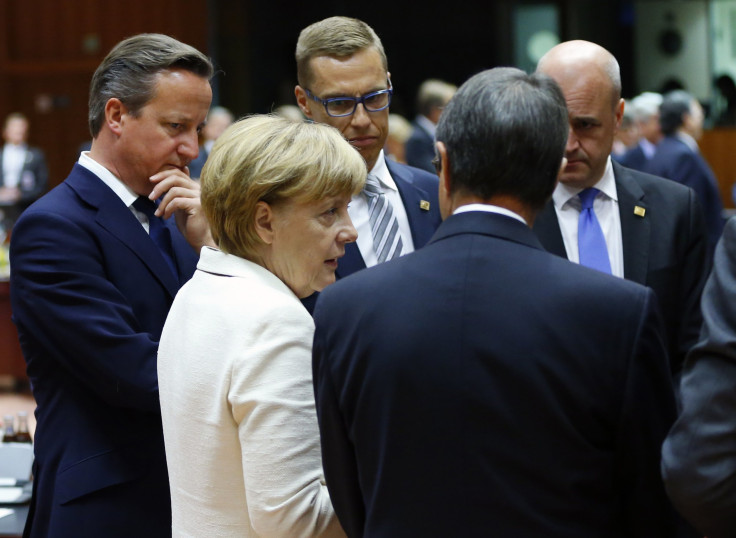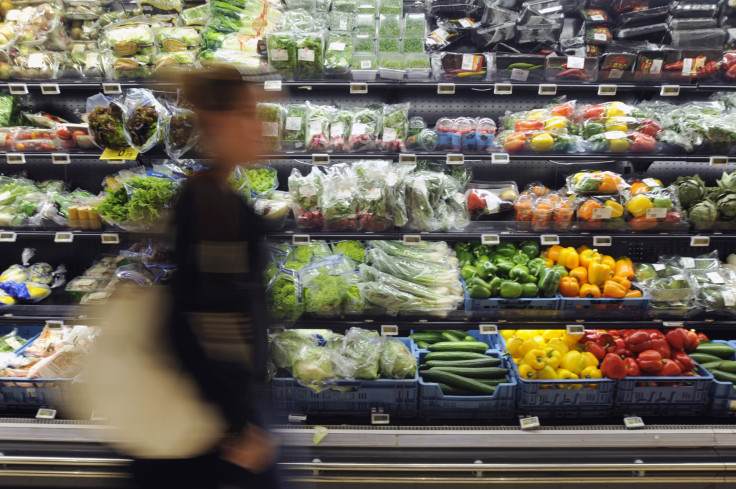Ukraine Crisis: EU Sanctions Target Russian Oil, Near Approval

The European Union is nearing approval of a new round of economic sanctions against Russia for its alleged involvement in the ongoing crisis in Ukraine. The EU will target Russian state-owned oil companies, particularly Rosneft, Transneft and Gazprom Neft, blocking them from raising financing in European markets.
EU diplomats said during the weekend the sanctions could be lifted if the cease-fire signed between Ukrainian and rebel forces holds. The sanctions would affect firms with revenues topping $26 billion that make more than half of their money through oil transport and sales. The European Commission presented a list of individuals "including the new leadership in Donbass, the government of Crimea, as well as Russia decision-makers and oligarchs" to be potentially targeted with assett freezes, which would block access to funds in European banks and stop them from buying or selling property in the EU. They would also be blocked from entering any EU country. The EU did not specify names of targeted individuals.
Russian Prime Minister Dmitry Medvedev said the sanctions have been ineffective in solving the crisis in Ukraine and warned Russia would ramp up its own sanctions to respond to the EU’s actions. “If there are sanctions related to the energy sector, or further restrictions on Russia’s financial sector, we will have to respond asymmetrically. … For example, we could impose transport restrictions,” Medvedev told Vedomosti. “If Western carriers have to bypass our airspace, this could drive many struggling airlines into bankruptcy. This is not the way to go. We just hope our partners realize this at some point.”
Russia banned all Ukrainian flights from entering Russian airspace in early August. Russia also imposed a one-year trade ban on a large variety of food imports from the EU and U.S. in that same round of sanctions, including on beef, pork, poultry, fish, fruit, vegetables and dairy products.

The EU has pledged to compensate some sanctioned European sectors for more than $190 billion. Russia has promised targeted Russian businesses the same support.
President Barack Obama announced the U.S. also drew up new sanctions during last week’s NATO summit in Wales but did not specify what they would target or when they could take effect. Earlier rounds of EU and U.S. sanctions targeted the finances and businesses of influential members of Russian political circles.
The official outline of the sanctions is scheduled to be published by the EU Tuesday morning. The sanctions will likely not target the Russian gas industry, which is critical to Europe's energy supplies and economy.
© Copyright IBTimes 2024. All rights reserved.





















